Al Safa Street Upgrade to Cut Travel Time in Dubai
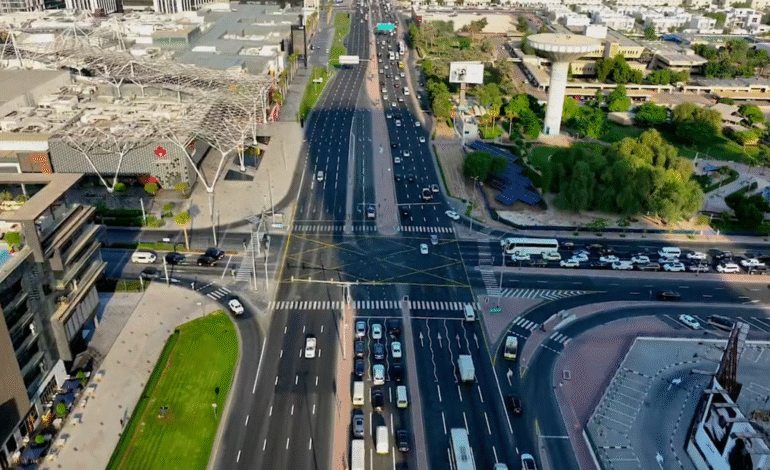
Dubai’s Roads and Transport Authority (RTA) has launched a transformative infrastructure initiative to widen and upgrade Al Safa Street. The ambitious project aims to significantly reduce travel time and enhance the city’s transport network, linking popular destinations such as City Walk and Coca-Cola Arena more efficiently.
The comprehensive development will span from the intersection with Sheikh Zayed Road to Al Wasl Road—a key 1.5-kilometre stretch known for heavy traffic during peak hours. Once complete, the average travel time through this corridor will be reduced from 12 minutes to just 3 minutes, a 75% improvement.
Project Overview: Expanding Capacity and Urban Integration
The Al Safa Street project includes widening the current three-lane road in each direction to four lanes, increasing the total capacity from 6,000 to 12,000 vehicles per hour. The objective is to double traffic flow while supporting the city’s broader urban vision of sustainable and accessible mobility.
According to Mattar Al Tayer, Director-General of the RTA, the development is a key component of Dubai’s integrated approach to smart transportation and quality of life. He noted that the area serves prominent landmarks, residential and commercial zones, luxury hotels, schools, and entertainment venues. These include the lively City Walk district and Coca-Cola Arena, both major crowd-pullers throughout the year.
Key Structural Enhancements: Bridges and Tunnels for Seamless Mobility
Integral to the redevelopment are two major bridges and two tunnels that will serve as bypasses to alleviate surface congestion. Combined, these structures stretch over 3,000 metres and are designed to enhance traffic fluidity and connectivity.
The first bridge will cater to traffic from Al Wasl Street towards Sheikh Zayed Road and Financial Centre Street. It will span 1,005 metres, accommodate four lanes, and handle up to 6,400 vehicles per hour.
The second bridge, with two lanes, will extend 360 metres and serve vehicles from Al Satwa Road heading toward Sheikh Zayed Road and Financial Centre Street, facilitating up to 2,800 vehicles per hour.
The first tunnel, measuring 1,005 metres with two lanes, will carry traffic from Sheikh Zayed Road and Financial Centre Street to Al Wasl Street. It will serve 3,200 vehicles per hour. The second tunnel, at the intersection of Al Safa Street and Al Wasl Street, will be 750 metres long and feature two lanes in each direction. This tunnel will offer a combined capacity of 6,400 vehicles per hour.
Smart Traffic Signal Systems and Road Widening Upgrades
In addition to bridges and tunnels, the project will involve upgrading intersections, deploying intelligent traffic signal systems, and restructuring turning lanes. The entire Al Safa corridor will be equipped with smart traffic technologies that can adapt to live vehicle flow, ensuring better regulation during high traffic volumes.
This includes the realignment of intersections and lane management systems to ensure that the new infrastructure integrates seamlessly into the existing road network. Two of the four lanes in each direction will allow uninterrupted traffic flow, while the other two will be governed by smart traffic lights.
Urban Features to Enhance Livability and Public Use
Beyond roads and bridges, the development emphasizes human-centered urban features. The Al Safa Street upgrade will include wide pedestrian walkways, shaded cycling tracks, landscaped green areas, and social urban spaces.
These enhancements align with Dubai’s 2040 Urban Master Plan, which envisions a city that promotes healthy lifestyles, sustainability, and community well-being. These elements aim to turn Al Safa Street from a busy vehicle corridor into a multifunctional urban spine.
From street-level boulevards to shaded leisure paths, the project is designed not just for cars but also for people. Such improvements will encourage outdoor activities, support local businesses, and make the area more attractive for families and tourists alike.
Connectivity to City Walk, Coca-Cola Arena, and Downtown Dubai
One of the major benefits of the Al Safa project is its enhanced access to key destinations in central Dubai. City Walk, a leading lifestyle destination, and Coca-Cola Arena, a hub for international events and entertainment, will become more accessible to visitors and residents alike.
This stretch also connects vital commercial, residential, and educational institutions. In addition, the project improves access to Downtown Dubai via the Financial Centre Street and Sheikh Zayed Road corridors.
More than one million residents live in or commute through the wider district. The project, therefore, not only solves logistical problems but also contributes to the city’s cultural and economic vibrancy.
Wider Network Integration: Al Wasl and Umm Suqeim Corridor Upgrade
The Al Safa Street initiative is part of a broader integrated corridor development launched by the RTA. On June 3, the authority revealed plans for a 15-kilometre corridor connecting Umm Suqeim Street, Al Safa Street, and Al Wasl Street. This extensive project aims to enhance traffic flow from Umm Suqeim to 2nd December Street.
This larger upgrade involves six key intersections and five new tunnels with a total length of 3,850 metres. It will increase corridor capacity from 8,000 to 12,000 vehicles per hour and reduce average commute times by nearly half.
Environmental and Urban Planning Benefits
In addition to improving traffic efficiency, the Al Safa Street redevelopment aligns with Dubai’s environmental goals. Landscaping, tree-lined streets, and shaded pedestrian paths will reduce urban heat and promote greener city spaces.
By offering well-designed pedestrian and cyclist facilities, the RTA aims to reduce dependency on cars for short-distance travel. This supports Dubai’s ambition to become a walkable and sustainable metropolis.
Timeline, Phasing, and Community Engagement
While a fixed completion date has not been publicly confirmed, RTA projects of this nature typically roll out in phases to reduce disruption. Advanced planning ensures that detours, closures, and construction work are communicated in advance to the public.
The project’s phased implementation will help maintain smooth daily commuting during the construction period. Dedicated channels such as RTA’s website, mobile app, and social media platforms will provide real-time updates to residents and road users.
A Glimpse into Dubai’s Smart Infrastructure Future
The Al Safa Street upgrade embodies the principles that are guiding Dubai’s rise as a global smart city. By merging high-capacity transport infrastructure with people-friendly urban design, the RTA is creating a model that other cities in the region and globally can emulate.
This project is not merely about road construction—it’s about weaving a more connected, inclusive, and sustainable urban experience. Whether it’s a commuter heading to work, a tourist en route to City Walk, or a family cycling along the landscaped paths, the benefits of this project will touch every user of the city’s evolving landscape.
Transforming Commutes and Urban Experience Together
Dubai’s Al Safa Street redevelopment is a landmark project that blends efficiency, innovation, and urban lifestyle. With a 75% cut in commute time, a doubling of vehicle capacity, and the addition of smart systems, tunnels, bridges, and public spaces, the corridor is being reshaped for the future.
More than a transport upgrade, it is a step toward holistic urban transformation—making life easier, safer, greener, and more connected for everyone who moves through Dubai. As the project unfolds, it will stand as a key milestone in the city’s journey toward smart, livable, and inclusive infrastructure.

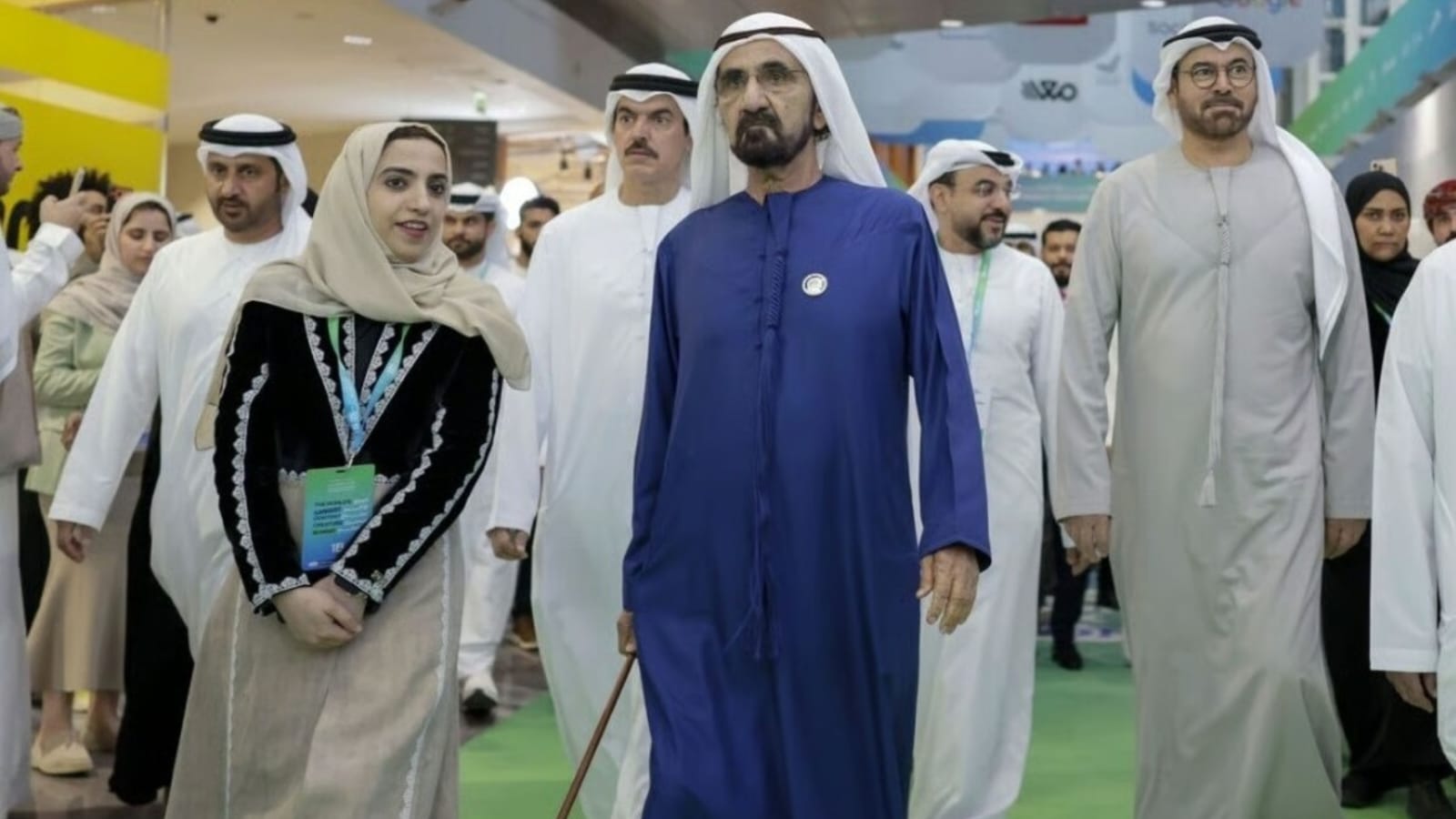
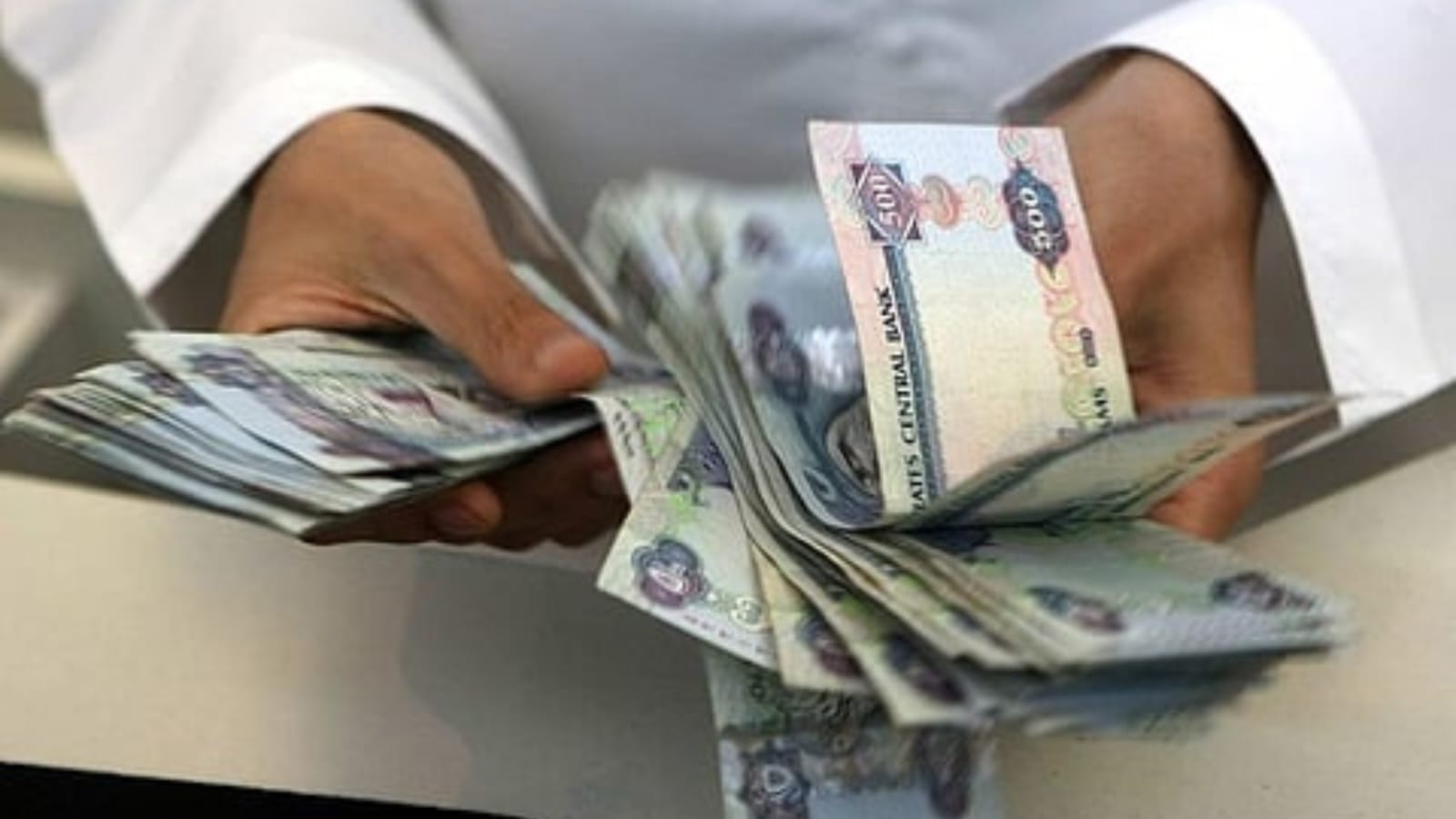
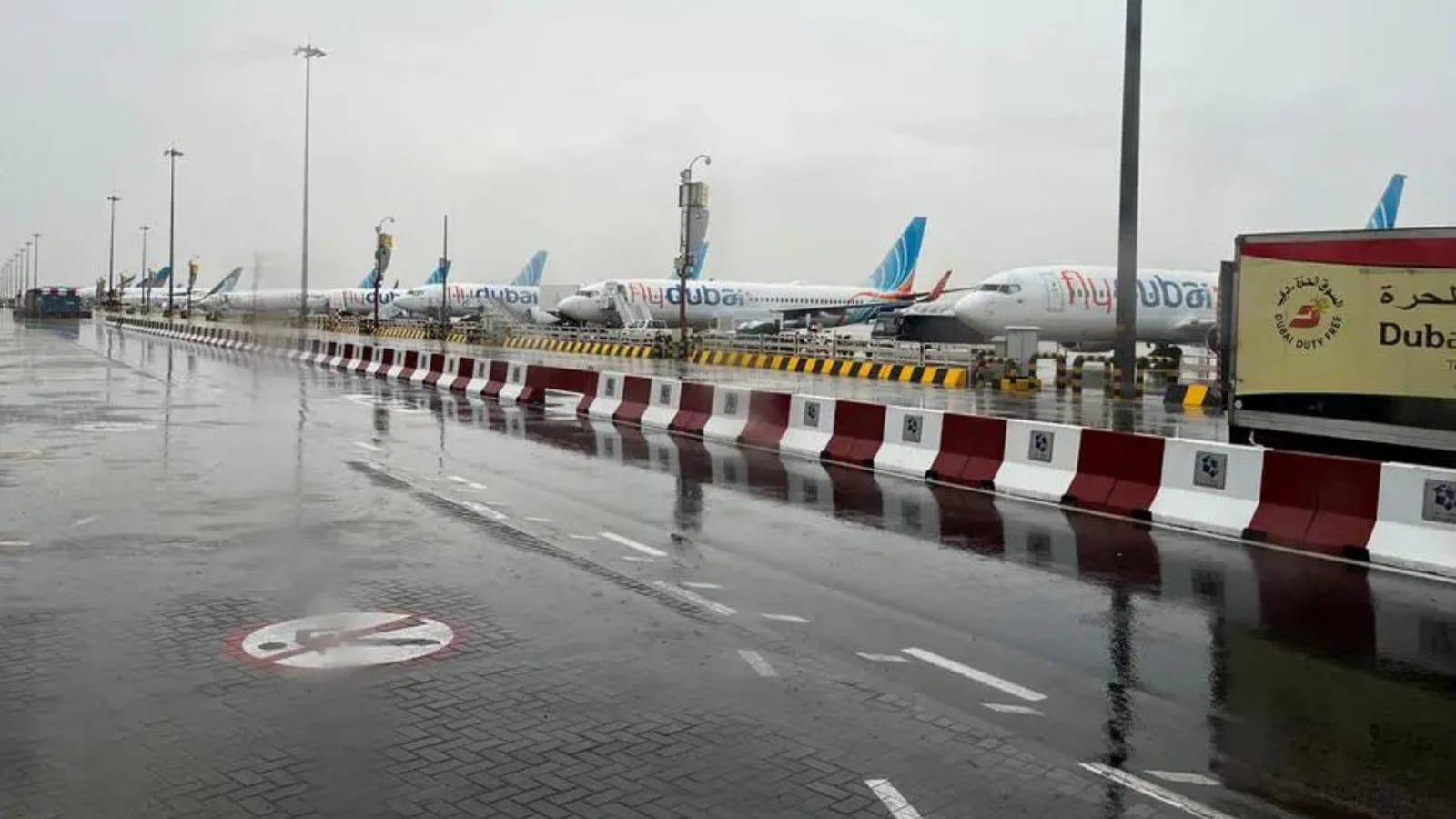
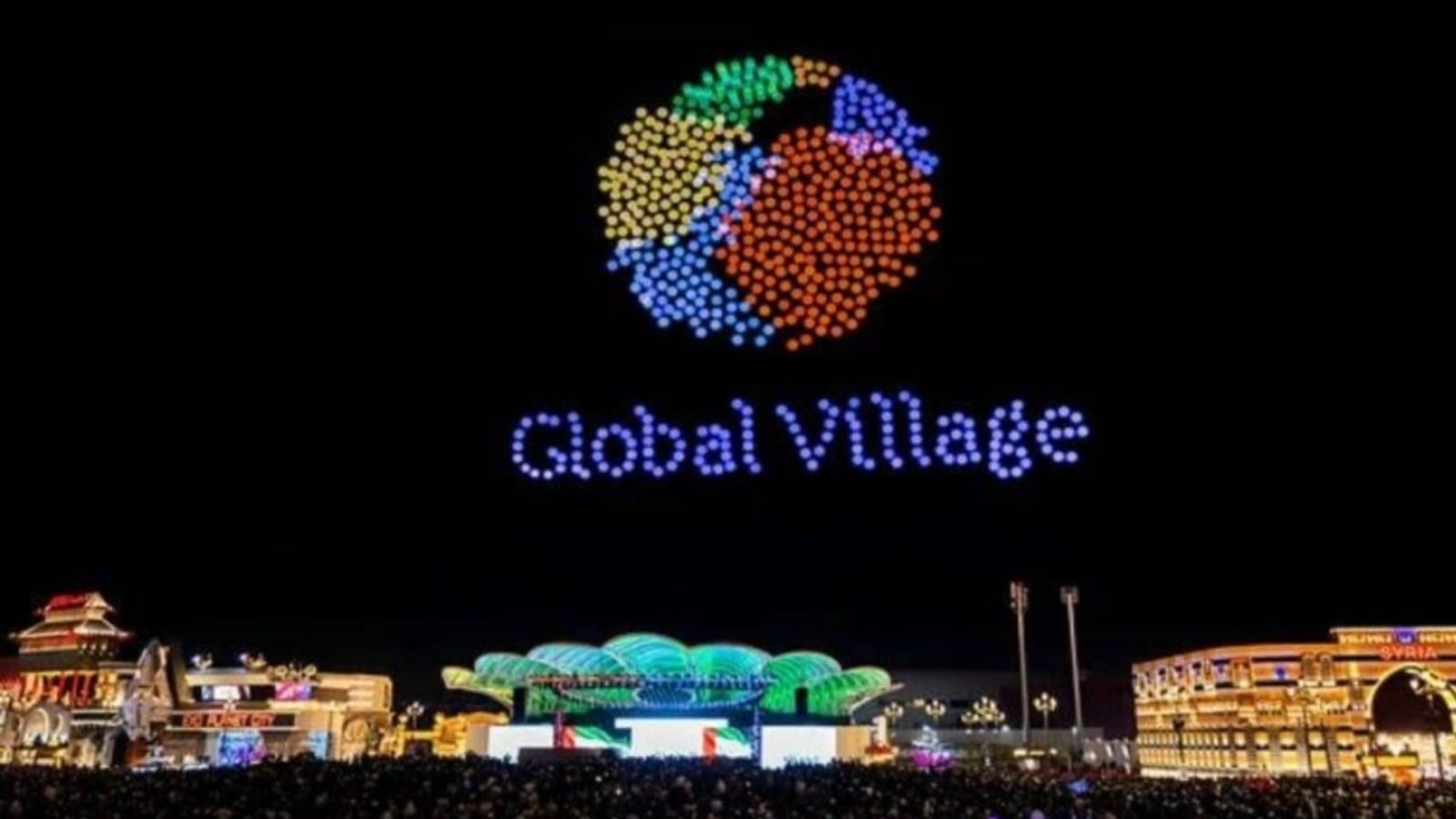



1 Comment
[…] Dubai’s Roads and Transport Authority (RTA), in partnership with the Ministry of Interior and Dubai Police, has launched its annual ‘Summer Without Accidents’ campaign to enhance road safety across the emirate during the scorching summer months of July to September 2025. This initiative, a key pillar of RTA’s traffic awareness strategy, aims to reduce traffic incidents and promote safer driving habits in the UAE’s bustling metropolis. With temperatures soaring, the campaign emphasizes vehicle maintenance, safe driving practices, and community engagement to ensure a safer summer on Dubai’s roads. […]
Comments are closed.